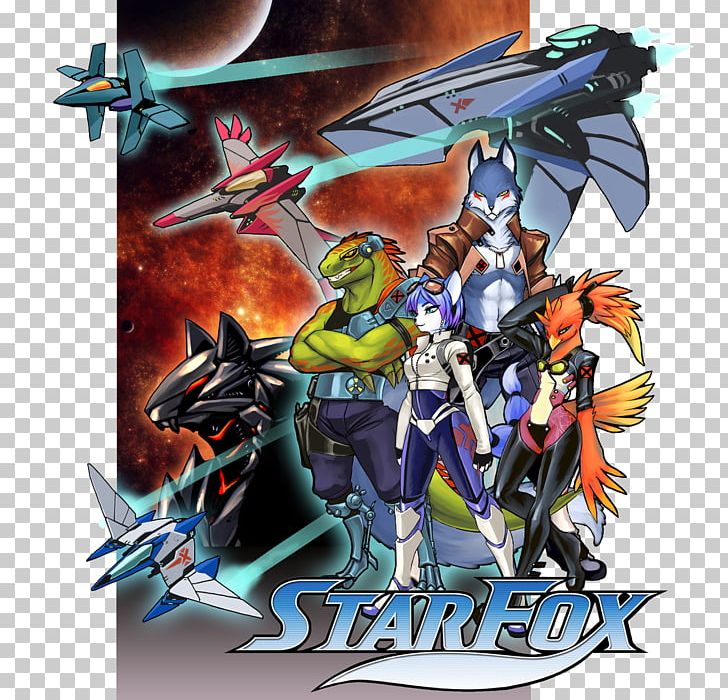
The debate dragged on for so long that the N64 ceased production, effectively ending development of Dinosaur Planet anyway. This caused a split among the Rare leadership, half of whom wanted to obey Nintendo's wishes, and the other half who wanted to continue working on their own original title. Nintendo began searching their third-party dev projects for more complete games that could be modified to suit their needs, and upon noticing the similarities between Dinosaur Planet's character designs and those of Star Fox, pressured Rare to change the game to use the Star Fox setting and be ready as a launch title for the GameCube.
Version 2 is less amiable, and claims that while Dinosaur Planet was in development, Nintendo was working on an in-house Star Fox title of their own, one that used planetary exploration as a game mechanic, but which was also far behind schedule. Miyamoto was reportedly so impressed with how the game was turning out that he called up the Rare development team and personally requested that they change the game to include Star Fox characters, and Rare agreed due to the increased sales potential of the Star Fox brand. Version 1 holds that while examining preview material for Dinosaur Planet, Shigeru Miyamoto was struck by the similarity of Rare's designs for the protagonist, Sabre (a wolf), to Fox McCloud. There are three versions of how the latter turned into the former, and the one you believe depends on who you ask and how cynical you feel about modern game design, but both eventually result in the game's development schedule being drawn out past the end of the N64's life cycle and then being pushed to the upcoming Nintendo GameCube: 
Executive Meddling: Star Fox Adventures began life as an unrelated Nintendo 64 game called Dinosaur Planet.
#Star fox 64 tv tropes series
Development Hell: Not counting reboots, remakes and cancelled projects, the series has only had four main games throughout its troubled history which is due in part to the lack of popularity in Japan and having been handled by three different third-party companies.





 0 kommentar(er)
0 kommentar(er)
